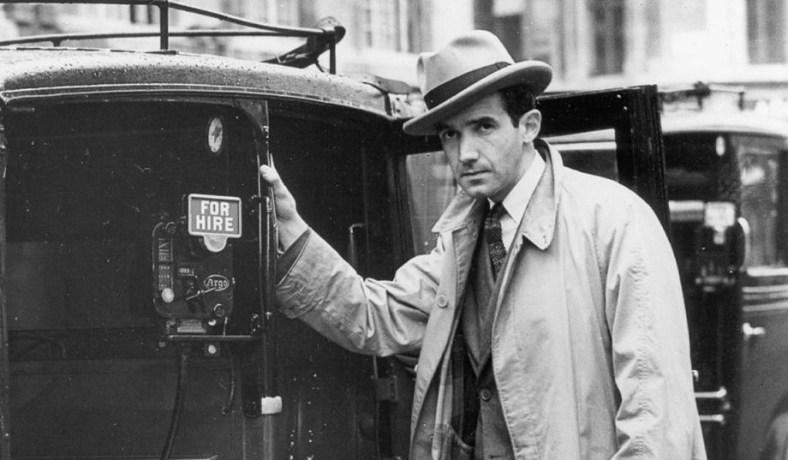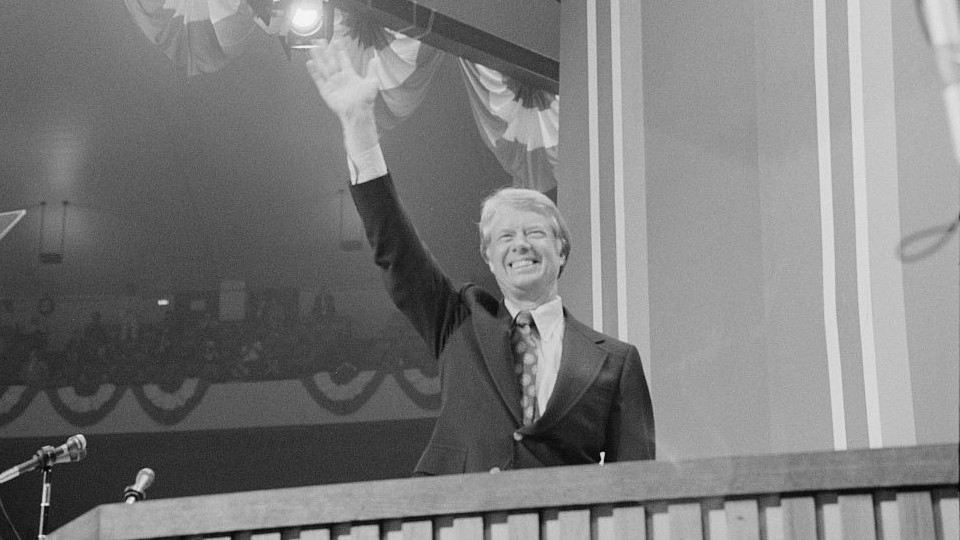On a sunny and crisp Saturday morning last month, at a rest stop on New Jersey’s Garden State Parkway, there was a clandestine handoff of “the Holy Grail of broadcast journalism.”
Casey Murrow, the son of legendary CBS journalist Edward R. Murrow presented the President of the National Press Club Michael Freedman with several of his father's personal possessions and agreed to loan the Club the historic BBC microphone used by Murrow for his CBS Radio broadcasts from London during World War II.
See also: “This Is London: Murrow Broadcasts During the Blitz” by Bob Edwards in this issue
“Modern broadcast journalism was literally invented on that microphone,” said Freedman, a former general manager of CBS Radio Network. “It is indeed the Holy Grail of the profession."



